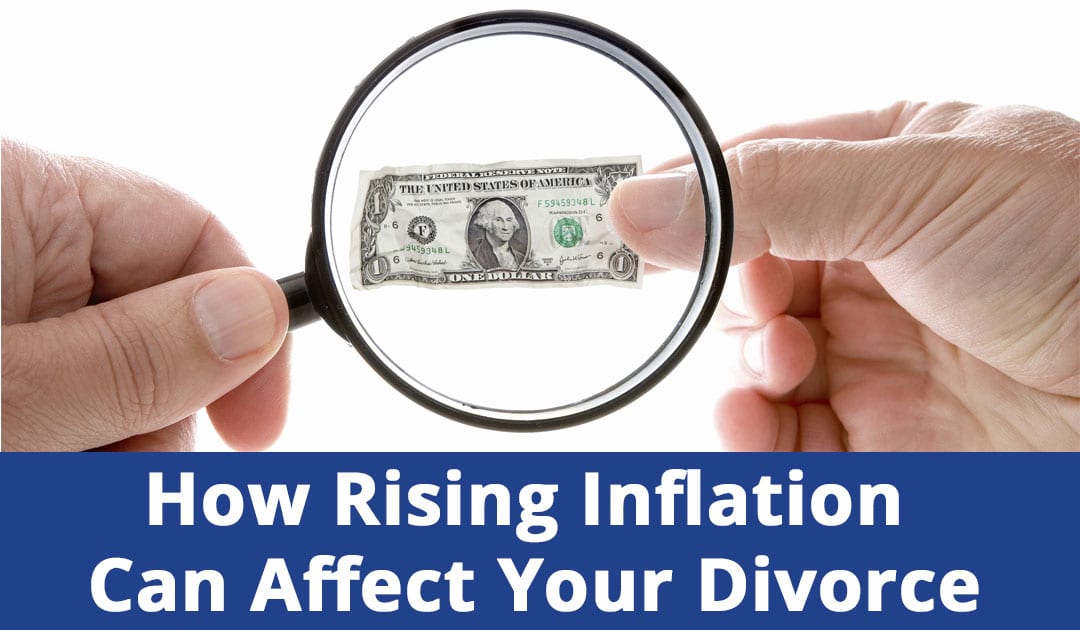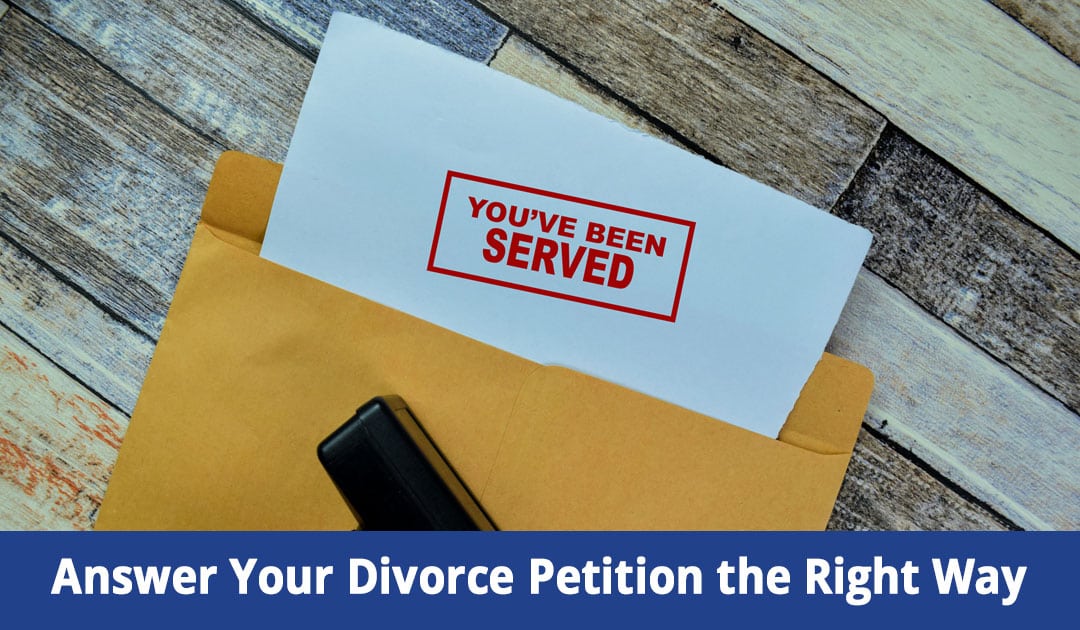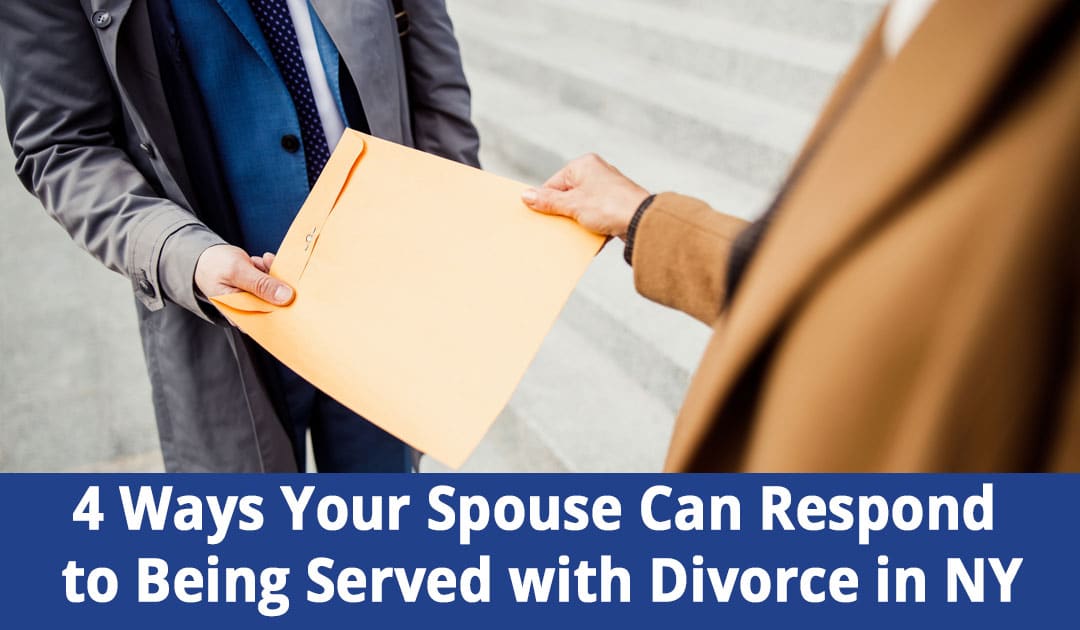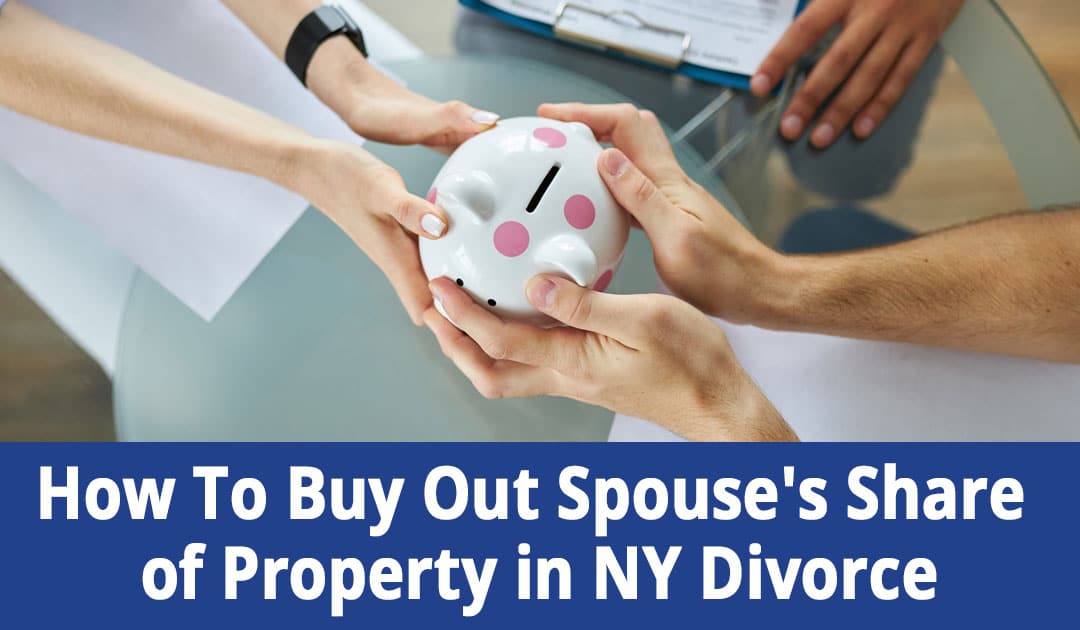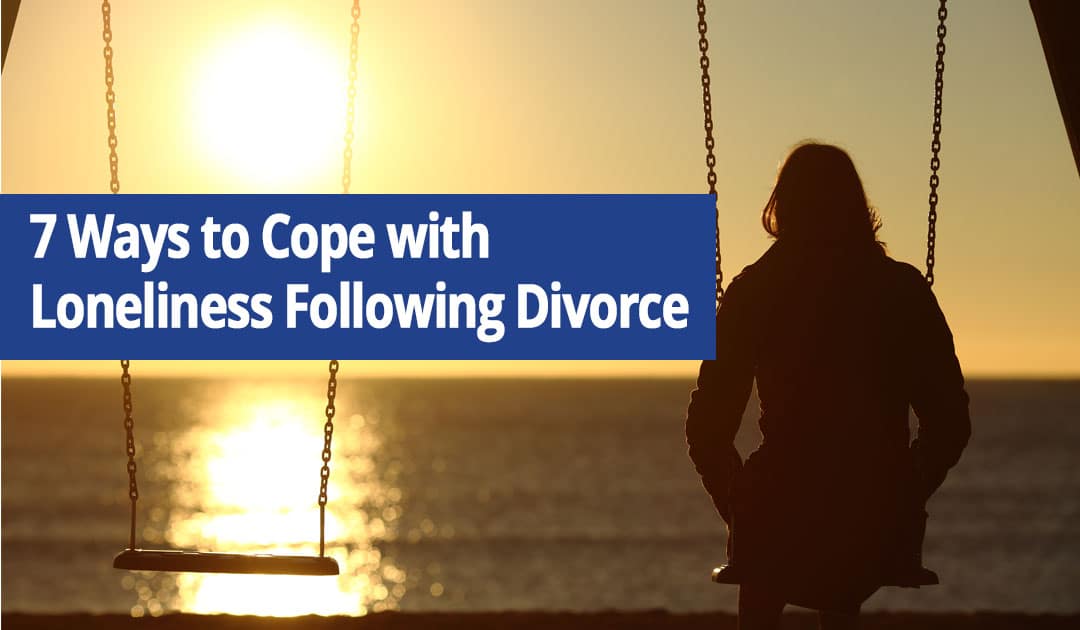
How Wealth Impacts Divorce Rates in NY: What You Need to Know
How Wealth Impacts Divorce Rates in NY: What You Need to Know
Did you know that how much money you and your spouse earn can play a significant role in whether you will get a divorce in the future? Financial difficulties are often one of the largest causes of disagreements in relationships, so it stands to reason that money could impact the divorce rates on Long Island, NY.
Below, we take a look at both the challenges low-income people experience when getting a divorce as well as the problems faced by wealthy couples. You will also learn how you can get qualified legal help with your New York divorce no matter which group you find yourself in.
How Divorce Rates Are Influenced by Economic Factors
Money influences many things in a marriage, including whether or not there even is a marriage. Wealthy and low-income people experience different rates of divorce, but the statistics might not be what you think.
According to Duke University Press, the predicted divorce rate for couples with a net worth of $0 is 5.1%. This rate goes down to 3.8% when the net worth increases to $20,000 and 1.8% when net worth is above $300,000. This appears to suggest that the more money you have, the less likely you are to get a divorce.
Problems Divorcing Couples Experience Based on Their Economic Status
Economic standing also impacts the individual challenges that couples who want to end their marriages will face. Even though wealthy couples are less likely to divorce, that doesn’t mean that they will also have an easier time ending their marriage. Both low-income and wealthy people have unique hardships that can arise when getting a divorce.
Problems Wealthy People Face
Most of the time, the struggles that wealthy couples experience during divorce are related to money and assets. Many affluent couples will disagree about who gets what once the divorce is finalized, which can lead to a long and expensive court battle where neither party feels like they successfully got what they wanted. The most common issues wealthy people deal with during their divorces include:
Disputes about asset division
Going through the process of dividing assets when you have a lot of them can be painstakingly difficult. This might seem like it’s not a bad problem to have, but sorting through things like property valuation and intricate financial arrangements requires meticulous attention. This adds time and cost to your divorce.
High legal fees
Complex divorces take time and require specific legal expertise. Couples going through a high net worth separation often pay higher legal fees than couples who don’t have a lot of money or assets to divide.
Public scrutiny about the divorce
Many wealthy couples who are well known in their communities may also face the added problem of public scrutiny. High-profile divorces can become fodder for tabloids and gossip magazines, making an already difficult situation that much harder to navigate.
Problems Low-Income Couples Have
Couples in poverty also have hurdles to clear in a divorce. Some of these, like child custody, are no different from what rich couples have to deal with. Other problems are unique to the experience of financial hardship, like:
Affording quality legal representation
The cost of legal representation in a divorce can be a significant barrier for low-income people. Many families experience financial strain due to mounting legal fees and may have difficulty navigating the family court system and obtaining a fair settlement.
Housing insecurity
People in poverty who are getting a divorce often face the challenge of obtaining new housing. They may not be able to afford the high costs of moving out, like putting a deposit on an apartment or buying new furniture and cookware.
Meeting alimony and child support obligations
While parents have a responsibility to financially support their children, this can be made more difficult when incoming resources are low. The same is true of alimony, but nonpayment can put you at risk of court action. This leads to ongoing legal battles and continued financial instability.
Hornberger Verbitsky, P.C. Are Your Affordable Long Island, NY Divorce Partners
Hornberger Verbitsky, P.C. understand that each divorce is different. Whether you have a high net worth or are struggling to make ends meet, you deserve affordable, qualified legal representation for your divorce.
Contact us to learn more about your legal options or to book your free initial consultation to discuss your case in detail. Call now at 631-923-1910 or complete our short contact form and we’ll get in touch with you.
GET YOUR FREE CONSULTATION TODAY
Call 631-923-1910 or fill in the form below

Get your complimentary consultation and case evaluation with our experienced attorneys today.
Your attorney will describe the many options available and determine together which is the right solution for you. By the end of this conversation, we’ll all understand how we can best help you to move forward.
No Cost or Obligation
There is no cost or obligation for this initial consultation. It is simply an opportunity for us to get to know each other, answer your questions and learn if Hornberger Verbitsky, P.C. is right the right law firm for you. Give us a call at 631-923-1910 or fill in the short form below for your free consultation and case evaluation.
All Fields Are Required
About the Author
Robert E. Hornberger, Esq., Founding Partner, Hornberger Verbitsky, P.C.
- Over 20 years practicing matrimonial law
- Over 1,000 cases successfully resolved
- Founder and Partner of Hornberger Verbitsky, P.C.
- Experienced and compassionate Long Island Divorce Attorney, Family Law Attorney, and Divorce Mediator
- Licensed to practice law in the State of New York
- New York State Bar Association member
- Nassau County Bar Association member
- Suffolk County Bar Association member
- “Super Lawyer” Metro Rising Star
- Nominated Best of Long Island Divorce Attorney four consecutive years
- Alternative Dispute Resolution Committee Contributor
- Collaborative Law Association of New York – Former Director
- Martindale Hubbell Distinguished Designation
- America’s Most Honored Professionals – Top 5%
- Lead Counsel Rated – Divorce Law
- American Institute of Family Law Attorneys 10 Best
- International Academy of Collaborative Professionals
- Graduate of Hofstra University School of Law
- Double Bachelor’s degrees in Philosophy, Politics & Law and History from SUNY Binghamton University








